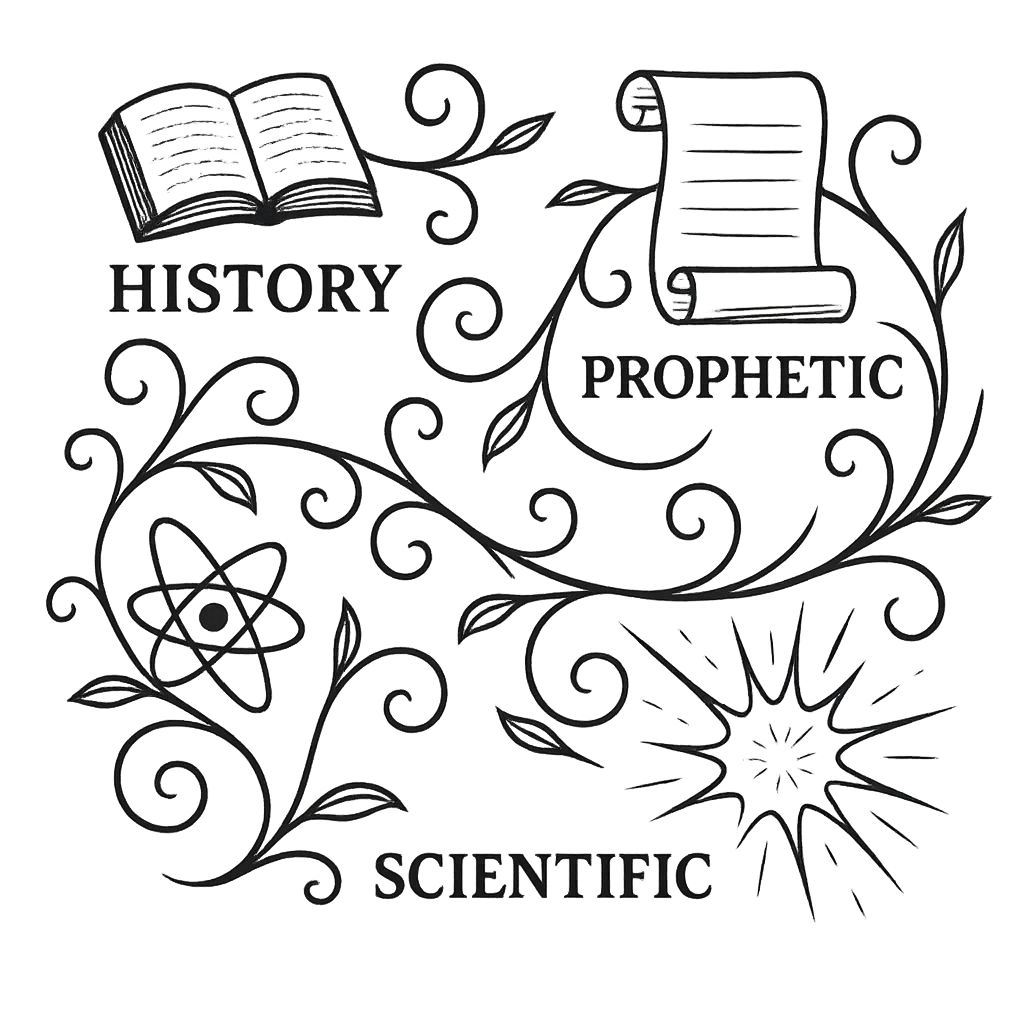Author: Matthew Frisbee
-
Hezekiah’s Tunnel and the Siloam Inscription
— by
in HistoricalHezekiah’s Tunnel and the Siloam Inscription found within the tunnels are fascinating archaeological discoveries that help confirm the historical reliability of the biblical description of Jerusalem’s infrastructure. The Siloam Inscription, dating to the late 8th century BC, documents a major engineering project undertaken to secure Jerusalem’s water supply during the Assyrian threat. Together, Hezekiah’s Tunnel…
-
The Cyrus Cylinder
— by
in HistoricalThe Cyrus Cylinder is a clay artifact dated to 539 B.C. that records Persian policies of temple restoration, repatriation of displaced peoples, and religious accommodation.1 These inscriptions show remarkable parallels to the biblical Books of Ezra and 2 Chronicles and, importantly, provide the historical foundation for Daniel 9’s seventy-week prophecy. By confirming the existence of a royal…
-
The Merneptah Stele: The First Mention of Israel in History
— by
in HistoricalFew discoveries have been as important to understanding early Israel’s history as the Merneptah Stele. This Egyptian monument, created around 1208 BC, contains the earliest known reference to “Israel” outside the Bible, confirming the existence of Israel in Canaan by the late 13th century BC. 🏺 Discovery and Historical Context The Merneptah Stele was discovered…
-
The Mesha Stele (Moabite Stone)
— by
in HistoricalFew archaeological discoveries have illuminated the biblical world quite like the Mesha Stele, also known as the Moabite Stone. The stele stands as a vivid first-person account from King Mesha of Moab, a nation often at odds with ancient Israel. Written in Moabite, a dialect closely related to biblical Hebrew, the 34-line inscription dates to…
-
The Tel Dan Stele: From Myth to History
— by
in HistoricalFor much of the 20th century, critics of the Bible argued that King David was little more than a literary invention. He was often portrayed as a mythic ruler created by later Hebrew writers to provide Israel’s monarchy with a noble origin. In the absence of corroborating evidence outside Scripture, David was frequently compared to…
-
The Talmud on Jesus: Evidence from Early Jewish Sources
— by
in HistoricalWhen examining the earliest non-Christian accounts of Jesus, a notable pattern emerges: when hostile sources address his miracles, they do not dismiss them outright but reinterpret them as sorcery or magic. Jewish and pagan critics alike attribute his works to illicit power rather than deny that remarkable acts were being reported. This mirrors the Gospel…
-
Celsus’ Critique of Christianity: Early Non-Christian Testimony
— by
in HistoricalCelsus was a Greek philosopher and one of the earliest outspoken critics of Christianity. Although his work The True Doctrine survives only through the rebuttal of the 3rd-century Christian scholar Origen in Contra Celsum, scholars generally regard the preserved quotations as substantially faithful to Celsus’s original arguments, given their length, detail, and consistently unflattering portrayal…
-
Lucian of Samosata on the Early Church
— by
in HistoricalLucian of Samosata was a Syrian-Greek satirist and writer during the second century AD. Famous for his sharp wit and eloquent satire, Lucian’s works often targeted and mocked philosophers and emerging religions, including Christianity. In The Passing of Peregrinus (165 AD), Lucian ridicules the Cynic philosopher Peregrinus Proteus, who, at one point, converted to Christianity.…
-
Mara bar Serapion: An Overlooked Historical Reference to Jesus
— by
in HistoricalMara bar Serapion was a Stoic philosopher from Syria who wrote a letter to his son while in prison somewhere between ~73-150 AD. His work is preserved in a single Syriac manuscript in the British Library (Add. 14658). Unlike Roman historians such as Tacitus or Suetonius, Mara was not writing about politics or emperors but…
-
Suetonius on Early Christianity
— by
in HistoricalSuetonius (c. 69–122 AD) was a Roman writer and official best known for The Lives of the Caesars, a series of imperial biographies. His work is not “history” in the modern sense. Instead of a strict chronological account, Suetonius arranged material thematically, collecting anecdotes, gossip, and moral judgments to illustrate the character of each emperor.…
